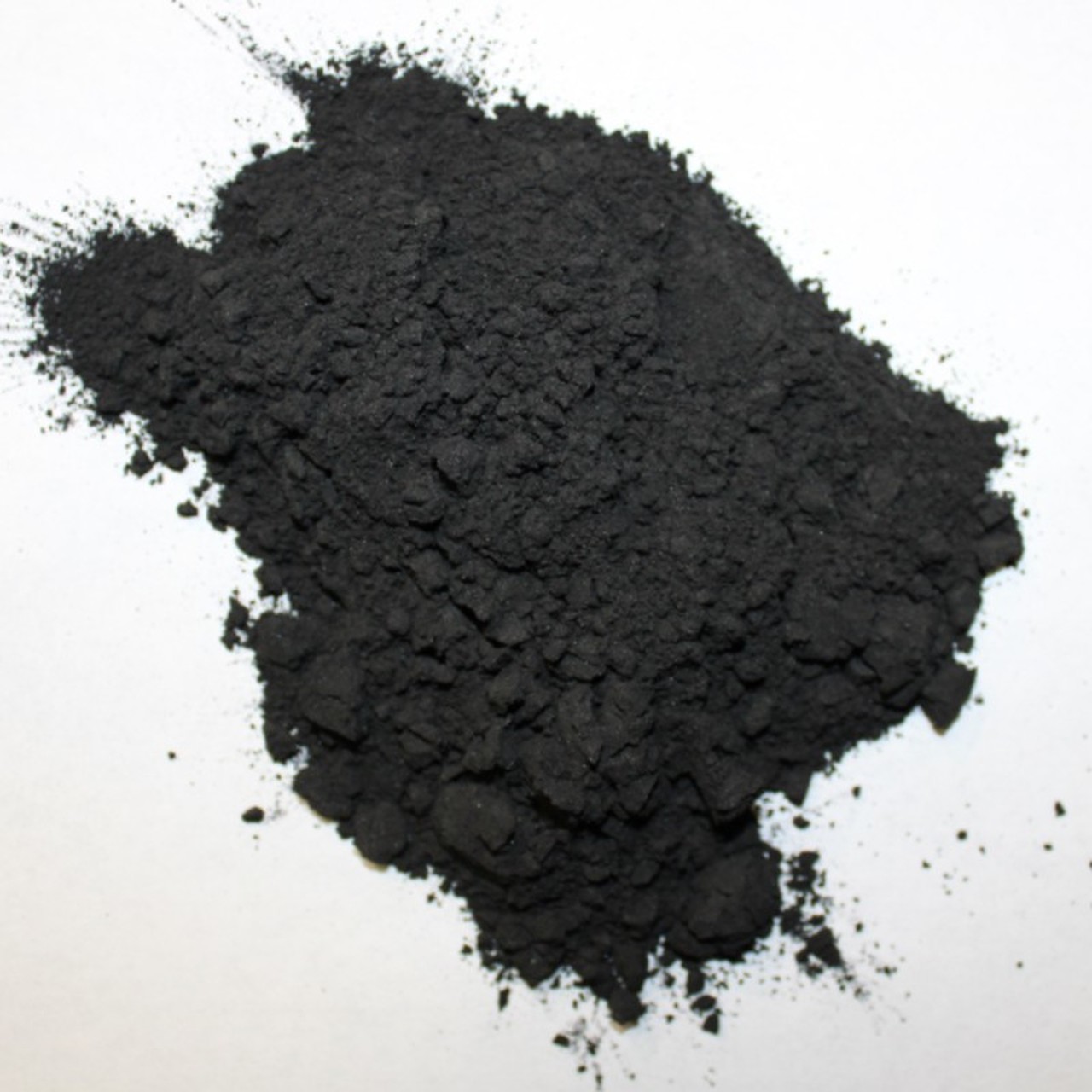Description
Activated charcoal is used in the emergency treatment of certain kinds of poisoning. It helps prevent the poison from being absorbed from the stomach into the body. Superheating natural sources of carbon, such as wood, produces activated charcoal. The black powder stops toxins from being absorbed in the stomach by binding to them. The body is unable to absorb charcoal, and so the toxins that bind to the charcoal leave the body in the feces.
The World Health Organization has approved activated charcoal for the emergency treatment of overdoses or poisonings. But due to its powerful toxin-clearing properties, some advocates have proposed it as a treatment for an ever-growing list of conditions. Here is a list of possible ailments that activated charcoal may help with:
Kidney Health
Activated charcoal may be able to assist kidney function by filtering out undigested toxins and drugs.
It seems to be especially effective at removing toxins derived from urea, the main byproduct of protein digestion.
More research is needed, but some animal studies show that activated charcoal may help improve kidney function and reduce gastrointestinal damage and inflammation in those with chronic kidney disease.
A 2013 study saw rats with induced, chronic kidney disease given 4 grams (g) per kilogram per day of an oral activated charcoal preparation. The researchers found that the animals had significant reductions in intestinal inflammation and damage.
In another 2014 study, rats with induced chronic renal failure were fed mixtures containing 20 percent activated charcoal. They experienced improved kidney function and a reduced rate of kidney inflammation and damage.
Intestinal Gas
Activated charcoal powder is thought to be able to disrupt intestinal gas, although researchers still do not understand how.
Liquids and gases trapped in the intestine can easily pass through the millions of tiny holes in activated charcoal, and this process may neutralize them.
In a 2012 study, a small sample of people with a history of excessive gas in their intestines took 448 milligrams (mg) of activated charcoal three times a day for 2 days before having intestinal ultrasound examinations. They also took another 672 mg on the morning of the exam.
The study showed that the examiners were able to see certain parts of some of the organs better with the ultrasound after the activated charcoal treatment. It said intestinal gas would have obscured these organs before the treatment.
Some 34 percent of the participants who were given the product to reduce their gas also had improved symptoms.
In a 2017 study, people who took 45 mg of simethicone and 140 mg of activated charcoal three times daily for 10 days all reported a significant reduction in abdominal pain with no side effects.
The research is still limited, but a panel of the European Food Safety Authority (EFSA) reports that there is enough evidence to support the use of activated charcoal to reduce excessive gas accumulation.
There is no set way to use activated charcoal for intestinal gas, but the EFSA recommends taking at least 1 g 30 minutes before and after each meal.
Water Filtration
People have long used activated charcoal as a natural water filter. Just as it does in the intestines and stomach, activated charcoal can interact with and absorb a range of toxins, drugs, viruses, bacteria, fungus, and chemicals found in water.
In commercial settings, such as waste-management centers, operators often use activated carbon granules for one part of the filtration process. Dozens of water filtration products are also designed for at-home use, using carbon cartridges to purify water of toxins and impurities.
A 2015 study found that water filtration systems that used carbon removed as much as 100 percent of the fluoride in 32 unfiltered water samples after 6 months of installation. While this shows the effectiveness of carbon filtration, it should be noted that in the U.S., adding fluoride to community water supplies of many cities has improved the oral health of millions of American citizens.
Other uses include:
Diarrhea
Teeth Whitening and Oral Health
Skin Care
Deodorant
Skin Infection
Flameless Heaters
And many more…





What others are saying
There are no contributions yet.